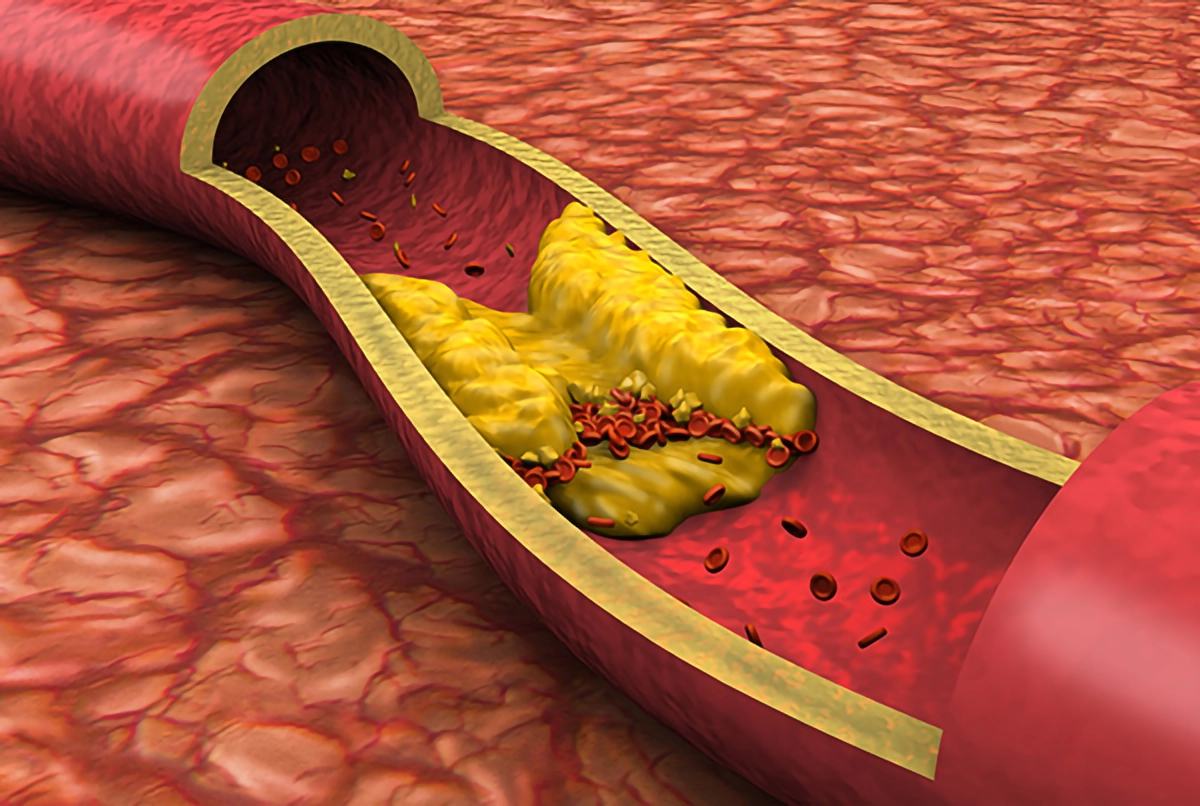We use cookies to help provide you with the best possible online experience.
By using this site, you agree that we may store and access cookies on your device. Cookie policy.
Cookie settings.
Functional Cookies
Functional Cookies are enabled by default at all times so that we can save your preferences for cookie settings and ensure site works and delivers best experience.
3rd Party Cookies
This website uses Google Analytics to collect anonymous information such as the number of visitors to the site, and the most popular pages.
Keeping this cookie enabled helps us to improve our website.
Blog: What is a Cholesterol? By Dr Muhammad Khan

Cholesterol is a waxy substance throughout the body. It’s not “bad” unless you have too much of it. Your body needs it to build cells and make vitamins and other hormones. But too much cholesterol can cause problems.
Cholesterol comes from two sources. Your liver makes all the cholesterol you need. The remainder of the cholesterol in your body comes from foods from animals. For example, meat, poultry and dairy products all contain dietary cholesterol. There are two types of cholesterol, good cholesterol and a bad cholesterol.
Cholesterol: The good and the bad
Two types of lipoproteins carry cholesterol to and from cells. One is low-density lipoprotein, or LDL. The other is high-density lipoprotein, or HDL. A test measures the amount of each type of cholesterol in your blood.
LDL cholesterol
- LDL cholesterol is considered the “bad” cholesterol because it contributes to fatty buildups in arteries (atherosclerosis). This narrows the arteries and increases the risk for heart attack, stroke and peripheral artery disease, or PAD.
HDL cholesterol
- HDL cholesterol can be thought of as the “good” cholesterol because a healthy level may help protect against heart attack and stroke.
- HDL carries LDL (bad) cholesterol away from the arteries and back to the liver, where the LDL is broken down and passed from the body. But HDL cholesterol doesn't eliminate LDL cholesterol. Only a fraction of blood cholesterol is carried by HDL.
Causes of high cholesterol
Anyone can develop high cholesterol. It can be caused by many different things; some you can control, and others you can’t.
Things that cause high cholesterol which you can control
Your lifestyle
- eating too much saturated fat – this reduces the liver’s ability to remove cholesterol, so it builds up in the blood
- being physically inactive – being active raises the level of ‘good’ cholesterol and reduces the level of ‘bad’ cholesterol
- smoking - this can lead to high cholesterol levels and it causes tar to build up in your arteries, making it easier for cholesterol to stick to your artery walls.
Things that cause high cholesterol which you can't control
Your age, biological sex and ethnic background
- getting older – having higher cholesterol is more likely as we age
- if your biological sex is male (you were assigned male at birth) – males are more likely to have high cholesterol
- your ethnic background - can affect the health outcomes from bad or high cholesterol.
Your genes
- Genes carry the information that determine your features or characteristics that are passed on to you — or inherited — from your parents.
- Familial hypercholesterolaemia (FH), is an inherited condition, meaning you were born with it. It's often passed down through families in faulty genes and can lead to very high levels of cholesterol, even if you do not have other risk factors.
Your general health
- kidney disease - when your kidneys aren’t working well, it also changes the way your body handles cholesterol, which can lead to high cholesterol
- liver disease – an important job of the liver is to both produce cholesterol and clear it from the body, but if the liver isn’t working well it struggles to do this, increasing your risk of high cholesterol
- if you live with excess weight, especially around your middle
- if you have type 2 diabetes, you are at greater risk of having high cholesterol
- having an underactive thyroid (hypothyroidism – when your body doesn’t make enough thyroid hormone)
- growth hormone deficiency (when not enough of the growth hormone is made).
How to know if you have a high cholesterol in the body?
There are usually no symptoms of high cholesterol. But if left untreated, it can lead to heart attack and stroke. It's often a hidden risk factor which means it can happen without us knowing until it's too late. That is why it's so important to get your cholesterol level checked.
Getting a cholesterol test
You can ask your GP to check your cholesterol levels, which are measured using a simple blood test. It is sometimes referred to as a ‘lipid profile’.
You may be offered a finger-prick cholesterol test. This can be done in some pharmacies, or as part of the NHS Health Check in England.
Primary and secondary prevention
You may hear ‘primary prevention’ and ‘secondary prevention’ mentioned when talking to your doctor about cholesterol.
Primary prevention means making changes to your life to stop you from getting a heart condition or from having something like a heart attack or stroke. The changes are normally focused on lifestyle, including things like doing more exercise and eating better. Sometimes medications like statins will be prescribed to you.
Secondary prevention means making changes to your life when you already have a heart condition to stop you from getting worse or from having another event like a heart attack. This may include lifestyle changes like eating better and exercising, as well as taking medications such as statins.
Other medications may be prescribed by your doctor to help lower your cholesterol. This is more likely to happen if your cholesterol is still high after taking statins for a while. It may also happen even if your cholesterol levels are currently well-managed.
Things you can do to help your high cholesterol
There is lots you can do to help lower your cholesterol:
- You can try ways of getting more active, which will help lower your cholesterol but also help you sleep better and feel more energetic
- You can cut down on alcohol and stop smoking
- You can enjoy trying healthy foods and recipes that are good for your heart.
In conclusion, good cholesterol (HDL) helps remove excess cholesterol from the blood, reducing the risk of heart disease, while bad cholesterol (LDL) contributes to plaque buildup in arteries, increasing the risk of cardiovascular problems. Maintaining a healthy balance by boosting HDL and lowering LDL through a healthy diet, exercise, and, if needed, medication is essential for heart health. Managing cholesterol levels effectively can significantly reduce the risk of heart disease and improve overall health.
Published: Feb 27, 2025
